Valve’s trading card game Artifact is on the way. There’s plenty of hype to go around. It’s the first new Valve game in years, and a spin-off of the immensely popular MOBA, Dota 2. Valve also brought in one of the greatest card game creators in history, Magic: The Gathering’s Richard Garfield, as lead designer on the project.
Yet while Artifact could redefine trading card video games as we know them, Valve is grappling with a serious problem for players: Artifact will let opponents chat with each other during its one-on-one matches, something that the studio plans to leave unmoderated in the hopes that players will learn to behave themselves.
“Psychologically, we find that people misbehave when there is somebody else to observe them misbehaving,” Artifact programmer Jeep Barnett told GamesIndustry.biz. “When it’s a one-on-one game, what is my motivation for saying something awful?”
Barnett went on to argue that games with too many players in encourage antisocial behavior, but people “behave very differently in one-on-one situations.” It’s not that Barnett and Garfield don’t care about toxicity and online harassment, it’s just that they don’t think it will be a problem in their game. A game that’s set to be spectated by thousands at a time on Twitch, no less.

Hoping a problem goes away isn’t a solution. It’s sweeping a design flaw under the rug. Most Americans agree that anonymity is a contributing factor to online harassment; 89 percent believe that being anonymous “enables people to be cruel or harass one another,” a 2017 report from the Pew Research Center reveals. Artifact isn’t just an online trading card game, it’s one where strangers will play against each other over the internet, where there’s no offline repercussions for hurling garbage and racial slurs at each other. It’s easy to see how anonymity will enable some awful behavior from players having a heated gaming moment, compared to in-person settings Garfield might be familiar with.
Add on the fact that most online harassment is gendered, and women are more likely than men to face harassment for expressing their gender identity. One 2006 study published by the Institute of Electrical and Electronics Engineers revealed IRC users with feminine-gendered usernames are 25 times more likely to receive threats and sexual harassment.
It doesn’t take an academic study to know that an unmoderated chat system is prone to problems. A quick peak through Reddit’s r/creepyPMs reveals sexual harassers privately asking female gamers if they can “be ur foot licking slave,” begging to “eat it like a sandwich,” or stalking users in the hopes of getting to “talk.” Women booting up Artifact run the risk of matching up with a harasser. Leaving Artifact unmoderated gives creeps a free pass.

Let’s face it, Valve’s other multiplayer games have struggled with in-game abuse too. Everything from Counter-Strike: Global Offensive to Dota 2 have toxic behavior in voice and text chat. The Twitter account Woman In Dota features an enormous archive of sexual harassment directed at just one female Dota 2 player. The harassment ranges from demeaning comments about her gender to explicitly sexual remarks. Pervasive, consistent, and incredibly toxic, Dota 2 has fostered a community that makes women uncomfortable for simply showing up. And that’s with Dota 2′s feature to report abusive teammates. If Dota 2’s moderation system can’t even stem online abuse, how will an unmoderated space like Artifact prevent the problem?
Toxic behavior is a design problem that skilled developers are constantly tackling. Blizzard’s Hearthstone and other card-based multiplayer games like Supercell’s mobile hit Clash Royale limit one-on-one opponent interactions to a range of pre-made emotes, preventing players from hurling abuse directly at each other. Sure, players can find workarounds to these issues and still engage in harassment, but removing direct communication serves as a deterrent that keeps lazier abusers at bay.
Hearthstone benefited extensively from this. In a 2014 article defending Hearthstone’s lack of an in-game chat, Forbes’ Paul Tassi praised the move on Blizzard’s part, arguing that a text chat system “would only exist for the purposes of trash talk,” and that Hearthstone became a much less toxic experience because of it.
“Overall, my experience with Hearthstone has been largely positive due to the forced muzzling of toxic players,” Tassi writes. “In my experience, probably 60-70 percent of my League of Legends matches have some form of flaming in them, as opposed to 0.1 percent of my Hearthstone games. It makes the latter a much more relaxing, enjoyable experience.”
Valve could always follow Overwatch’s lead. Implement a rank-based endorsement system that’s immediately viewable next to a player’s in-game experience level. Unlike Dota 2, which limits commendations and makes them visible as an afterthought, Overwatch lets players receive experience points for endorsing other players and promises in-game rewards for maintaining one’s rank. “Gamifying” decency, as Kotaku’s Cecilia D’Anastasio told Dot Esports earlier this year.
“[Endorsements are] good because now, players who are good to play with have badges saying as much,” D’Anastasio said. “And because players can’t endorse friends, it seems like a pretty accurate measure.”

Last but certainly not least, there’s one other solution Valve can take on: Ongoing, dedicated moderation, not unlike Nintendo’s former Miiverse community or Twitch’s rigid ban on hurtful content. If in-game discussion is so important to Valve that it wants to implement in-game text chat, then Valve should start acting like a social media company and begin moderating the Steam Community and Steamworks games more closely. While expensive, a dedicated moderation team is a way to make sure people motivated by “saying something awful” are actually punished.
There’s plenty of solutions out there, but at the end of the day, Valve has a choice. The company can either create a trading card game that all Steam users can enjoy, or it can leave Artifact to the trolls. For most gamers, the answer seems obvious, but for Valve, ignoring its services’ problems seems to be a much easier solution time and time again.

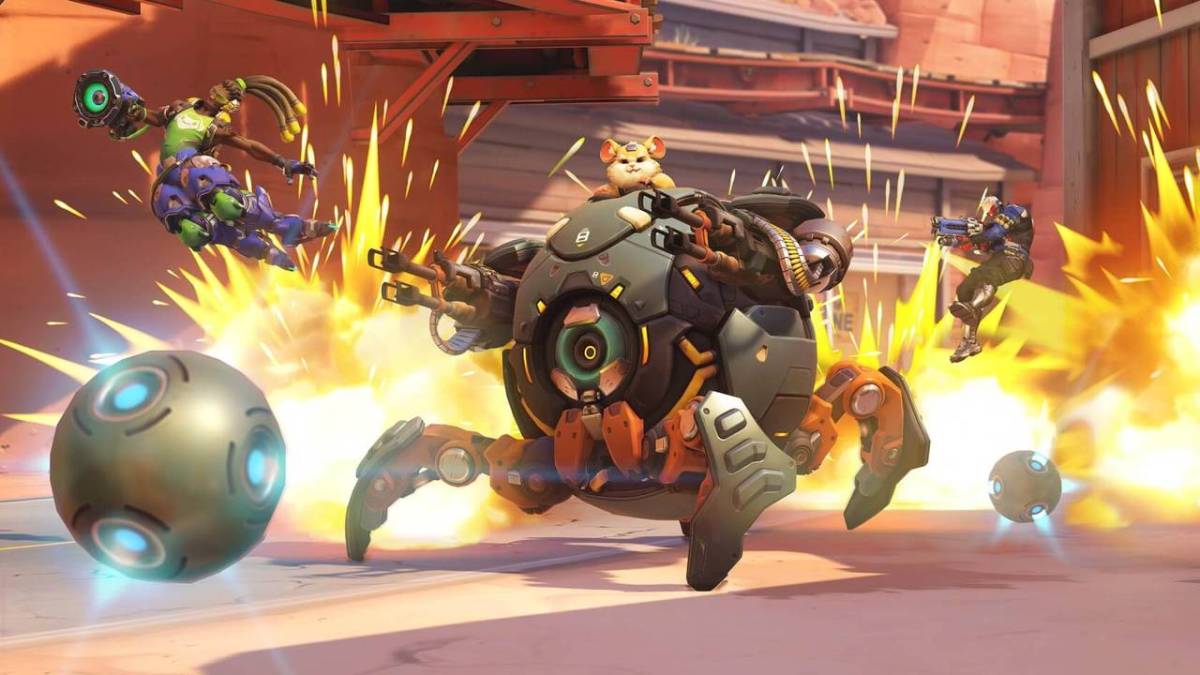
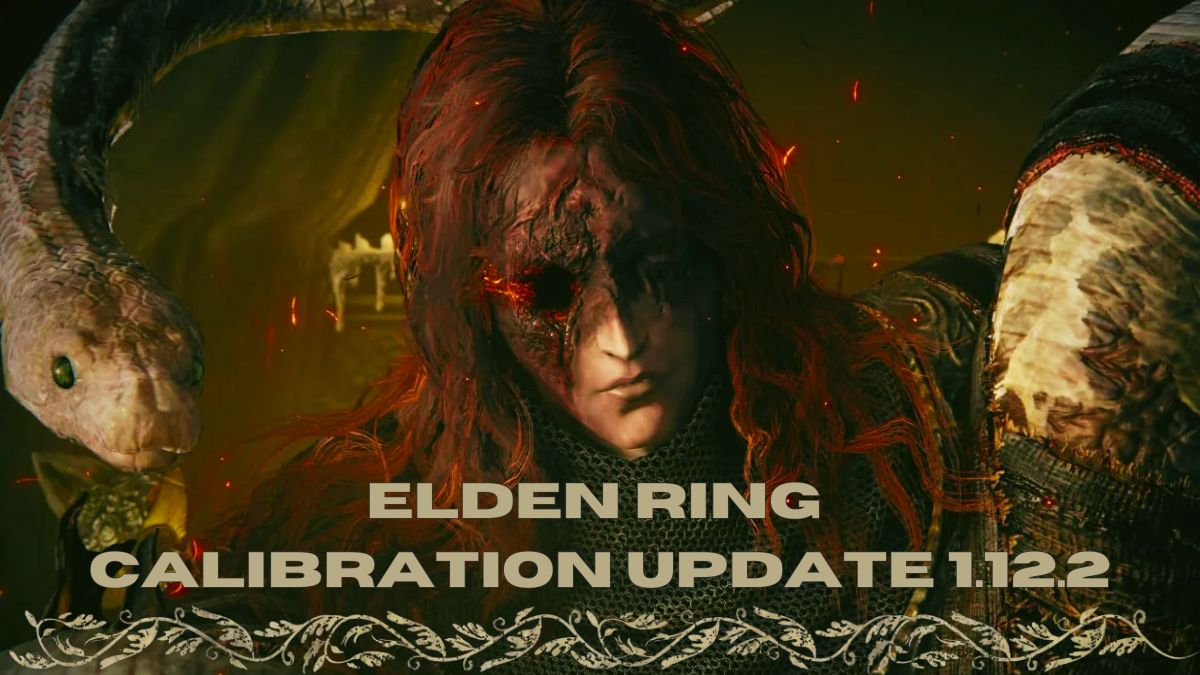
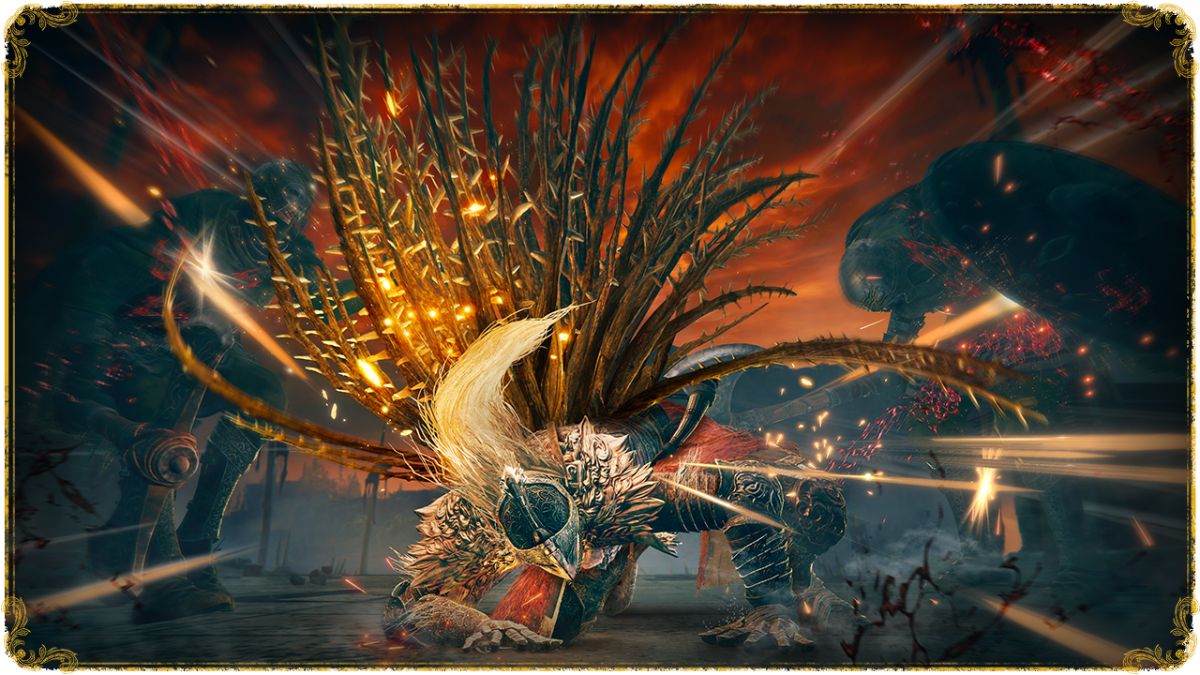
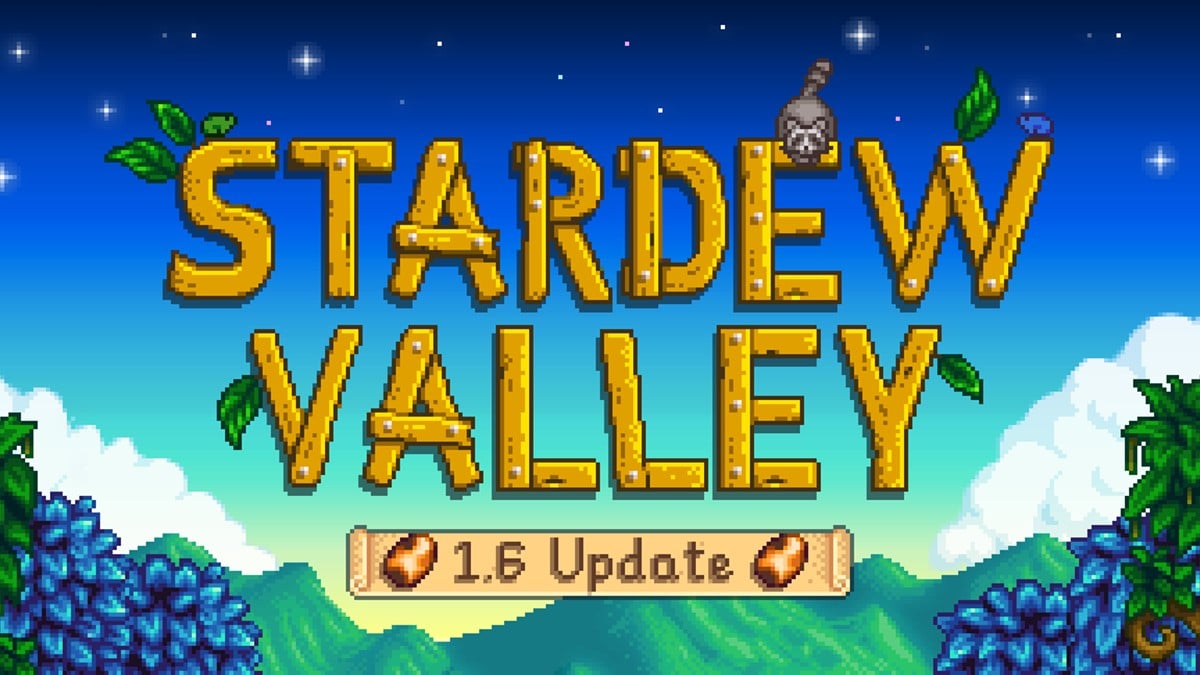
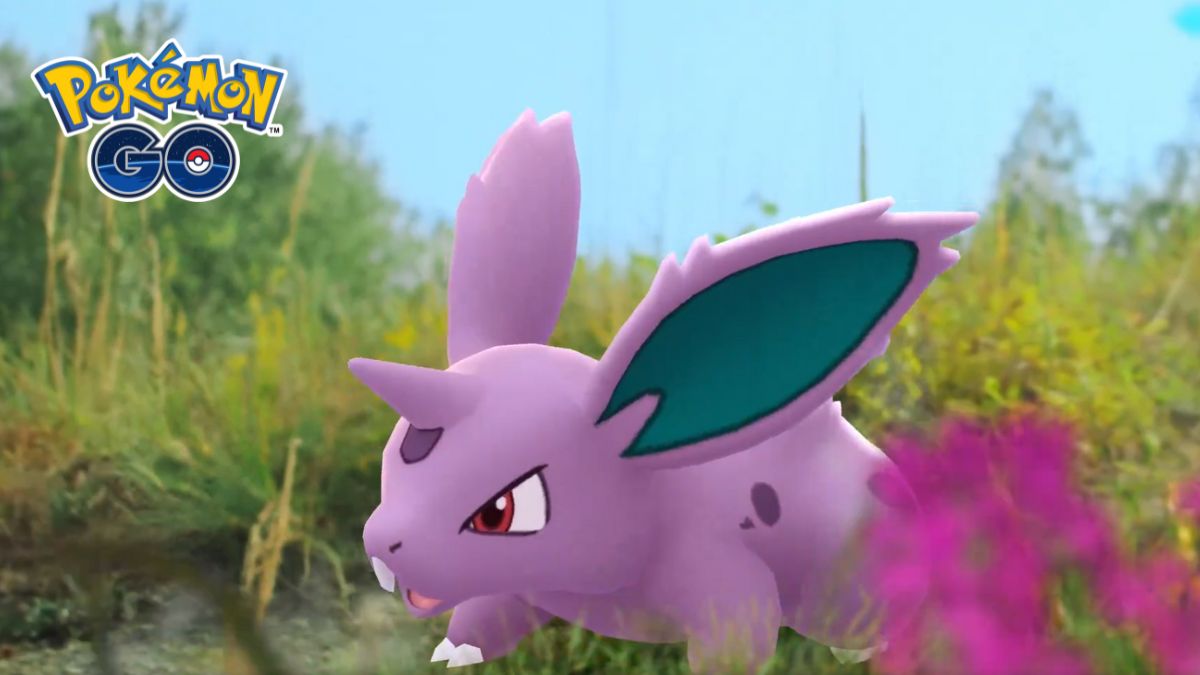

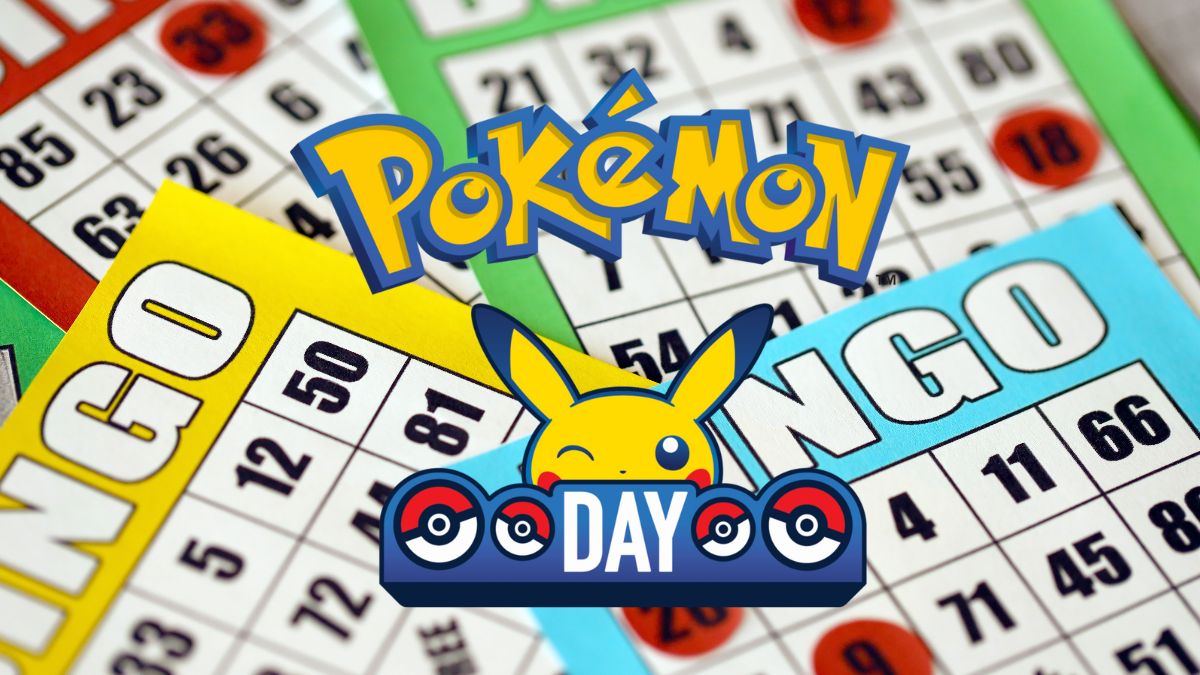

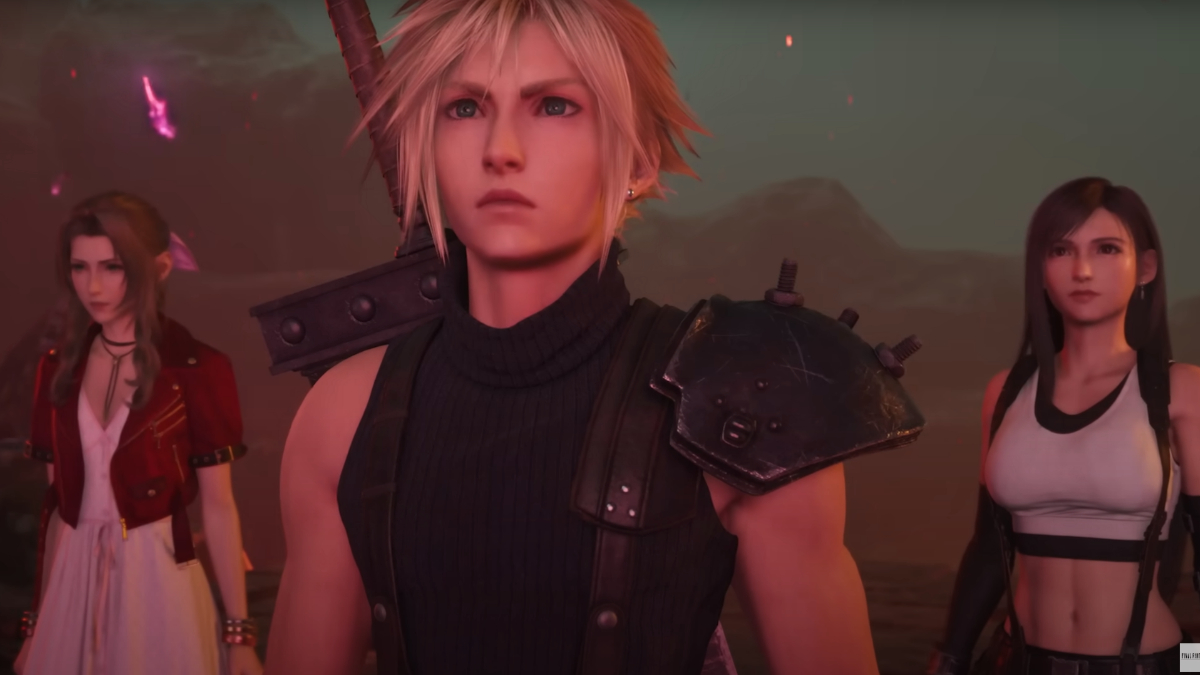
Published: Sep 6, 2018 06:46 pm